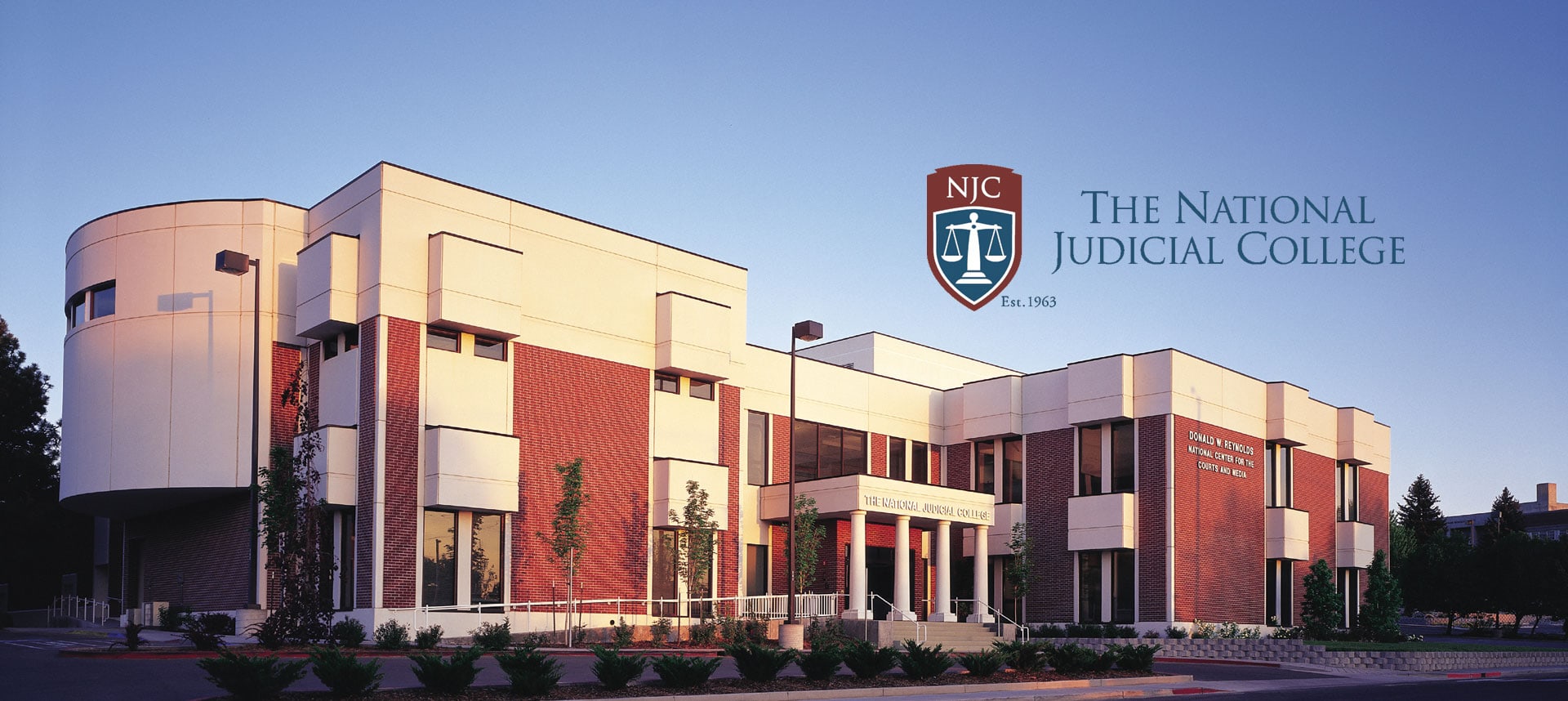
For those who work 9-to-5 jobs, a court hearing is nearly impossible to attend without taking time away from the office.
Cook County (Illinois) Circuit Judge E. Kenneth Wright Jr. didn’t want the clock to be a deterrent to people using the justice system, or for attendance at a court hearing to jeopardize a litigant’s ability to keep a job.
In 2014, Wright, who took Judicial Writing from the NJC, launched what he calls the flex court — a specialized schedule held before and after regular court hours for self-represented small-claims litigants in Cook County’s 1st Municipal District, which covers Chicago.
Flex court operates from 8 to 9:15 a.m. and from 5 to 6:30 p.m. on Tuesdays, Wednesdays and Thursdays in two 13th-floor courtrooms at Cook County’s Richard J. Daley Center.
It’s available for self-represented plaintiffs in cases involving disputes of $3,000 or less.
Wright, the municipal district’s presiding judge, said the idea for extended court hours came to him on a Saturday visit to Menards, a regional home improvement chain store, where shoppers can buy hardware at 6:30 a.m. or at 9:30 p.m.
“Everybody else has changed,” Wright said. “We were not changing our own hours.”
The issue of court hours became more sensitive, he said, in the wake of the economic recession, when litigants were forced to choose between job and family obligations and court dates.
“People can’t afford to lose their jobs,” he said.
By allowing litigants to visit the Daley Center early in the day or in the early evening, they have an option that doesn’t require a full day off of work.
And flex court does not offer continuances. That gives litigants confidence that a case won’t require multiple visits, Wright said.
“If they have service, it’s going to be disposed of,” he said.
Wright gained approval for the concept in April 2013 from Circuit Court of Cook County Chief Judge Timothy C. Evans and started a 90-day pilot program.
Rather than asking his division colleagues to test something new, Wright volunteered himself. He’s in the building by 5:30 or 6 a.m., anyway.
“If I do this,” Wright said, “I won’t have any pushback.”
Rooms 1304 and 1306 where, flex court cases are heard, were among the first to have touch-screen computers installed at the judge’s seat to access court documents.
Cook County Circuit Court Clerk Dorothy A. Brown and Sheriff Thomas J. Dart cooperated so that the courtrooms would be staffed with security and so litigants could enter through a Daley Center security checkpoint with special passes.
“I was so happy about the response I got,” Wright said.
The initial pilot program was to see if litigants would even ask for the option when filing their cases. Wright said some fellow judges weren’t certain the program would gain traction because they had never heard litigants request it.
“We can’t wait for them to ask, because they don’t know to ask,” he said. “It’s our job to make it available for them.”
Originally, Wright anticipated the court would dispose of 10 cases a day, twice a week. It quickly expanded to a dozen cases daily on three days each week. Hearing dates are booked into the next six months.
As of this week, Wright counted 1,449 disposed cases since the court opened.
Other Cook County Municipal Division judges and attorneys have also pitched in with pretrial preparations and mediation. Associate Judges Leon Wool and Joseph D. Panarese, Circuit Judge Jim Ryan and volunteers from the Center for Conflict Resolution, a nonprofit mediation service in Chicago, help explain the court’s procedure to litigants and attempt to reach settlements.
“It works really well with the litigants,” Panarese said. “They’ve narrowed it down to the specific things important to the cases.”
Panarese and Ryan said the program fits nicely into the court’s broader goal of improving access to justice.
“It’s doing a lot better than I ever thought it would,” Panarese said.
While plaintiffs file as self-represented, attorneys have volunteered services to level the field when defendants arrive with representation.
Sole practitioner Elizabeth Anne Karkula started volunteering in late July. She was drawn by the idea of helping people who cannot normally afford lawyers but who have needs lawyers can address.
Karkula mostly represents corporate defendants in cases involving millions or billions of dollars at stake. But the stakes of a small-claims case seem just as high to litigants in flex court.
“You realize, we have to do something in our judicial system that addresses the need of all litigants,” she said.
Having lawyers independent from the court is beneficial to litigants because court staff can only provide so much advice while still maintaining impartiality.
The lawyers, clerks and judges involved all said they hope the program expands.
“I’m so thankful for the support I’ve received,” he said.
Wright’s goals for the flex court have long included adding monthly Saturday or Sunday hearings. With the courthouse closed on the weekend, Wright is looking to secure an off-site location to operate. He also needs to staff two sheriffs, two clerks and both a Spanish and Polish interpreter – and a supervisor for each – in order to operate. Securing the funding necessary for the goal remains on ongoing ambition.

The Hon. Mary-Margaret Anderson (Ret.), a retired administrative law judge with the California Office of Ad...

Happy October, Gaveliers faithful. Are you loving this or what? No one believed a team made up of judges...


Hon. Diane J. Humetewa, the first Native American woman and the first enrolled tribal member to serve as a ...

Retired Massachusetts Chief Justice Margaret H. Marshall has been selected as the 2024 winner of the presti...